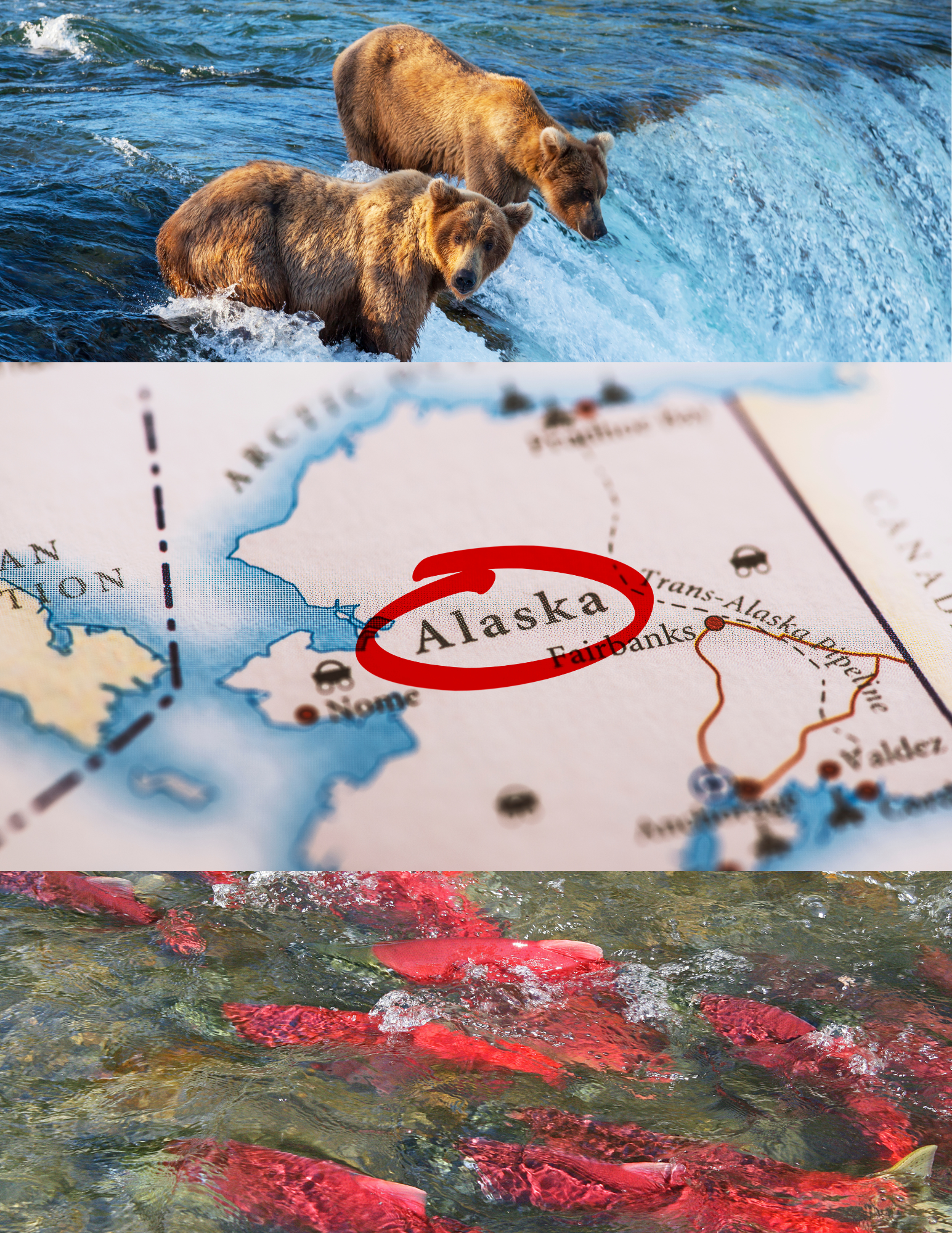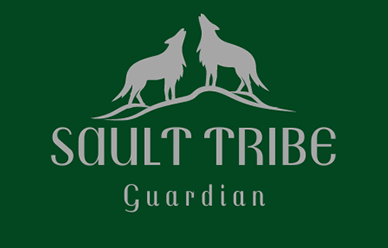October 16 2024.
ANCHORAGE, Alaska — The Department of the Interior today celebrated the signing of three landmark agreements with Alaska Native Tribes and Corporations to advance co-stewardship on public lands and waters. Two agreements between federal agencies and Alaska Native Tribes and the Tanana Chiefs Conference will advance efforts to safeguard salmon within the Yukon, Kuskokwim, and Norton Sound regions through the Department’s Gravel to Gravel Initiative. A third agreement will improve management of easements that provide access to public lands and waters across privately owned Ahtna lands.
In partnership with Tribes, Indigenous leaders, governmental agencies and community partners, the Department’s Gravel to Gravel Keystone Initiative, created through funding from President Biden’s Investing in America agenda, is bringing Indigenous Knowledge and the best available science together to inform plans for collective action to support resilient ecosystems and communities in the region and make immediate investments to respond to the salmon crisis. Today’s agreements add to over $44 million already invested towards the initiative.
“Since time immemorial, the Yukon, Kuskokwim, and Norton Sound regions have sustained Alaska Native people, fish, birds and other wildlife, supporting strong and resilient communities and traditional ways of life,” said Secretary Deb Haaland. “Thanks to historic resources provided through President Biden’s Investing in America agenda, our Gravel to Gravel Keystone Initiative is centering Indigenous Knowledge as we work to safeguard salmon, communities and cultures in this region. By bringing together diverse perspectives and expertise, we can create effective strategies that benefit salmon and all living things who rely on them.”
Salmon in the Yukon, Kuskokwim, and Norton Sound regions in Alaska hold deep cultural, subsistence and ecosystem significance. Traditional Indigenous foods derived from the plant and animal life of these unique regions remain vital to food security and the vibrant cultures of the more than 100 Alaska Native Tribes who have stewarded and lived for thousands of years in reciprocity with the land, waters, and animals of the region. Due to climate change impacts, the absence of salmon has negatively impacted the cultural and spiritual health and well-being of the Indigenous Peoples who have relied on salmon for more than 10,000 years. The Gravel to Gravel Keystone Initiative partners are working to address these profound ecosystem collapses and the salmon crisis through a holistic approach that prioritizes collaboration and shared responsibility.
Gravel to Gravel Partnership Agreement
The first agreement formalizes a new partnership that will support groundbreaking efforts to champion habitat restoration and resilient ecosystems for Pacific salmon throughout the entirety of the salmon lifecycle – from gravel to gravel, where salmon life begins and ends – by bringing together science and Indigenous Knowledge.
Signatories at today’s event at the seventh annual Alaska Tribal Unity Gathering in Anchorage included the Bureau of Indian Affairs (BIA), Bureau of Land Management (BLM), National Park Service (NPS), U.S. Fish and Wildlife Service (USFWS), and U.S. Geological Survey (USGS), along with the Association of Village Council Presidents, Council of Athabascan Tribal Governments, Kawerak Incorporated, Nome Eskimo Community, Native Village of Eagle, Tanana Chiefs Conference (TCC), Kuskokwim River Inter-Tribal Fish Commission, and the Yukon River Inter-Tribal Fish Commission. Signatories were joined by staff from the Office of the Secretary.
Pursuant to the agreement, each party agreed to four priorities:
- Collaborate across jurisdictional and geographic boundaries through co-stewardship and co-management to restore the health of, and relationships between, salmon, people and place;
- Build and maintain trust and communication, and strengthen relationships between Tribes and federal agencies, and increase capacity and knowledge sharing around the care for salmon;
- Honor Tribal sovereignty and self-governance by advocating for Tribal stewardship and recommendations regarding decision-making and regulatory authority in wildlife ecosystems and fisheries management and;
- Work in partnership on ecosystem restoration and resilience, salmon conservation, and other projects that are within and adjacent to the Gravel to Gravel Keystone Initiative and include expertise from Indigenous and Traditional Knowledge.
Self Governance Funding Agreement with TCC
BLM, NPS, USFWS, and USGS also joined the first-ever multi-bureau self-governance funding agreement with the Tanana Chiefs Conference, a consortium of federally recognized Indian Tribes, to further the nation-to-nation relationship through stronger Tribal self-governance authorities, co-stewardship, and equity, trust and healing mechanisms.
The agreement acknowledges the role of the Tribes who comprise the TCC and the enduring reciprocal relationship with their homelands extending over 235,000 square miles of interior Alaska. The first scope of work for the self-governance agreement authorizes the TCC to administer education and outreach programs on behalf of USFWS and BLM that further subsistence and incorporate Indigenous Knowledge into plans and regulations.
Agreement for Improved Management of Access Easements through Privately Owned Ahtna Lands
The BLM and Ahtna, Inc. today also signed a multi-year self-governance funding agreement to improve management of easements that provide access to public lands and waters across privately owned Ahtna lands. This agreement transfers administration of these easements, known as 17(b) easements under the Alaska Native Claims Settlement Act (ANCSA), from the BLM’s Glennallen Field Office to Ahtna, Inc., the Alaska Native Regional Corporation with lands stretching across the southcentral interior of Alaska. This groundbreaking effort is the first of its kind for the BLM under Title IV of the Indian Self-Determination and Education Assistance Act and advances the Department’s priority of strengthening relationships with Tribes and Native Corporations.
The BLM manages approximately 175 ANCSA 17(b) easements in the Ahtna Region. Under this new agreement, Ahtna will administer this easement program on BLM's behalf, supporting the public’s continued access to public lands and waters while respecting privately owned Ahtna lands. Ahtna will advance those goals by building a common dataset of easements and improving public signage, fostering greater public understanding of land ownership patterns in the region.


